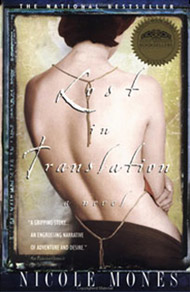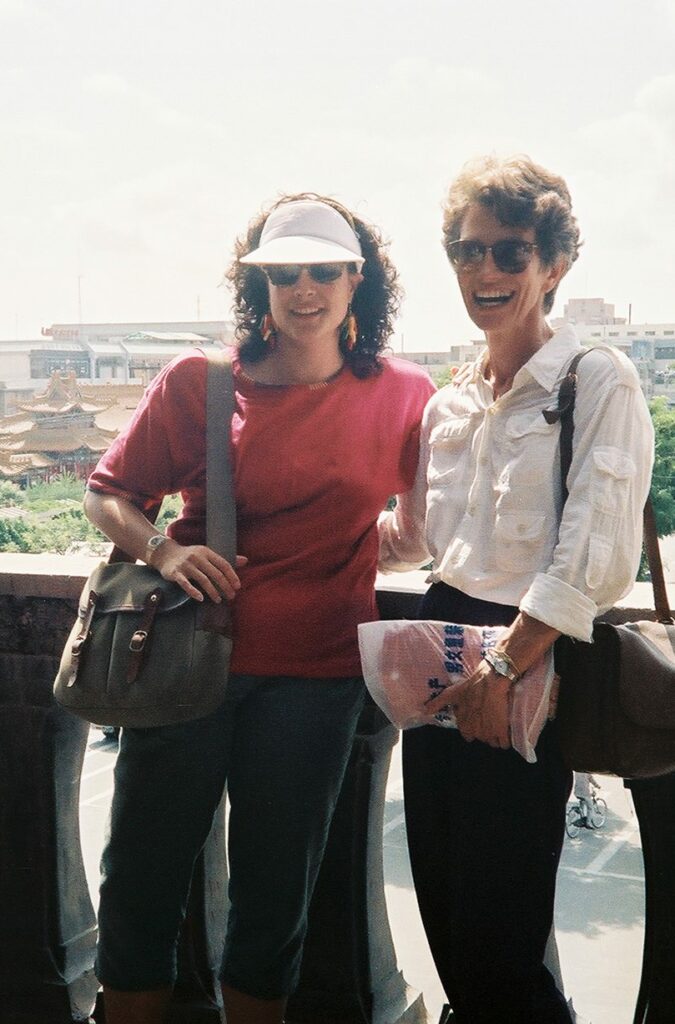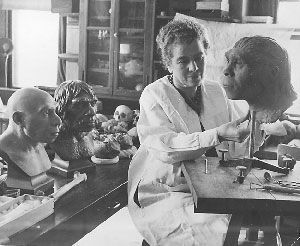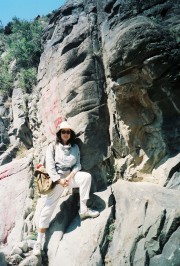
Expatriate translator Alice Mannegan spends her nights in Beijing’s smoky bars, seeking fleeting encounters with Chinese men to blot out the shame of her racist father back in Texas. But when she signs on to an archaeological expedition searching for the missing bones of Peking Man in China’s remote Northwest deserts, her world cracks open. As the group follows the trail of the Jesuit philosopher/paleontologist Teilhard de Chardin to close in on one of archaeology’s greatest mysteries, Alice finds herself increasingly drawn to a Chinese professor who is shackled by his own painful memories. Love in all its forms–human, sexual, divine, between a nation and its history, a man and his past, a father and his daughter–drives the story to its breathtaking finish.
Emotionally charged and erotic, this widely translated bestseller has been universally praised for its authoritative portrayal of a China rarely captured in contemporary fiction. The novel’s accolades include the Kafka Prize for the year’s best work of fiction by any American woman, the Pacific Northwest Bookseller’s Association Book Award for the year’s best novel from the five northwestern states, and the New York Times Book Review’s Notable Book and Editor’s Choice.
Bonus:
How did the idea for this novel arise?

The idea for Lost in Translation came to me when I myself was working as a translator on an archeological expedition to Ningxia and Inner Mongolia in 1991. The Chinese and American teams I was assisting were not searching for Peking Man. They were studying life and settlement patterns of the region’s neolithic peoples, and comparing those findings with what they had discovered in geographically similar areas of the United States. Two things happened on this expedition. First, I realized that an interpreter, as a character, had great dramatic potential. Second, I discovered I was pregnant with my second child. Since it was clear I would not be able to return to China for a while, I began to think in terms of writing a novel about an interpreter. While in the desert I had plenty of time to talk with the Chinese and American scientists about possibilities for an archeology-based story. Once I settled on Peking Man, they generously shared their expertise with me and one scientist, Dr. David Madsen, even read the manuscript twice to correct my errors.

The other inspiration for Lost in Translation was definitely the life of Pierre Teilhard de Chardin. As a Jesuit priest who found many fossils in the course of his work as an archeologist and thus argued for evolution, he was banished to China by the Vatican in the 1920s. Much has been written about Teilhard’s life, but I took special interest in his longstanding relationship with the divorced American sculptress Lucile Swan, a relationship complicated by the fact that he was a Catholic priest sworn to celibacy. I found their relationship to be beautifully documented in the more than twenty years of letters and diary entries published by Georgetown University Press in 1992, The Letters of Teilhard de Chardin and Lucile Swan. In their real-life struggles with the nature of love and commitment I found the ideal mirror for the developing love affair between Alice Mannegan and Lin Shiyang. These two intertwining love stories form the heart of Lost in Translation.

Alice Mannegan is such an unusual literary character. Is she based on your own life?
When I feel powerfully driven to write a certain novel, I find it is when I reach the end, the last page, that I understand why I had to do it—and in this case, why I needed to create Alice Mannegan.
Alice was based on a man I had known and loved, who believed his father had committed a racially motivated murder. The father was never brought to justice, and this so pained the son that he left Louisiana for Hong Kong, where he acted out with Chinese women the way Alice acts out with Chinese men.
He died in an accident at the age of thirty-one, taking this anguish with him. After five years of work, when I typed the words “The End”, I realized I had rewritten his story through Alice to offer the resolution that had eluded him. And maybe to heal my own grief, too.
Purchase Book
Reviews
The author of this first novel herself spent considerable time in China, and she conveys with poignant élan the trance of unrequited love for the exotic.
– The New Yorker
A gripping story … an engrossing narrative of adventure and desire.
– San Francisco Chronicle
Luminous … thought-provoking … undeniably entertaining.
– The New York Times Book Review
Alice Mannegan is a terrific character – edgy, shrewd, and deeply wounded… A satisfying romp through alien landscapes: China, the past, human love.
– The Washington Post Book World
A gripping yarn with an exotic backdrop. It’s also a luscious love story, a political thriller, and a close up of a China that is changing almost day by day.
– Associated Press
